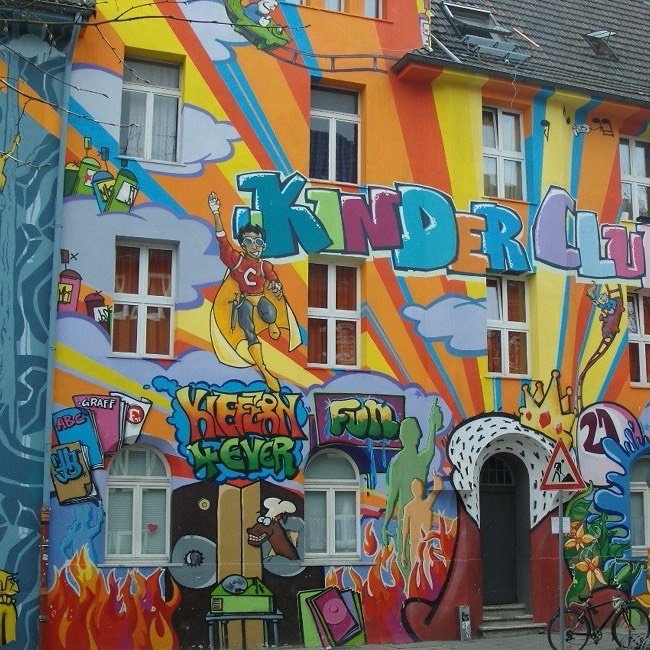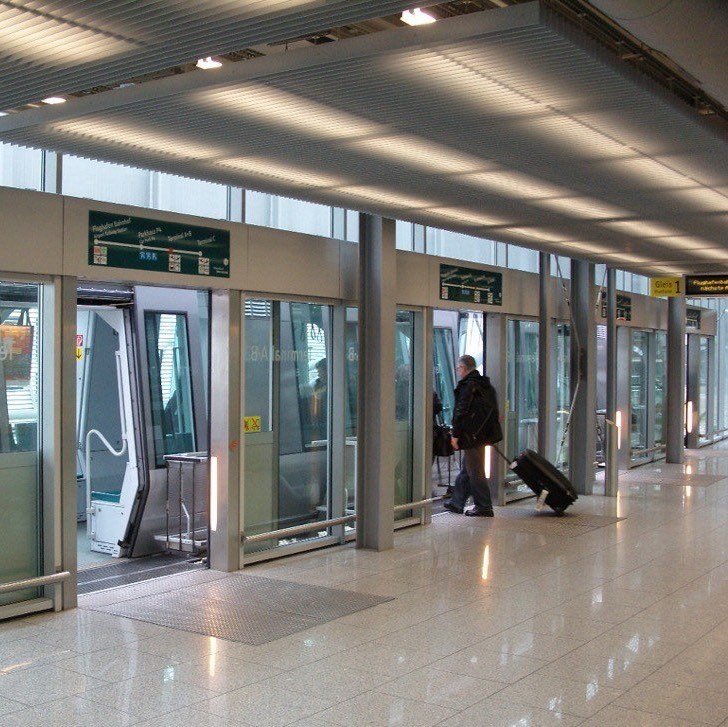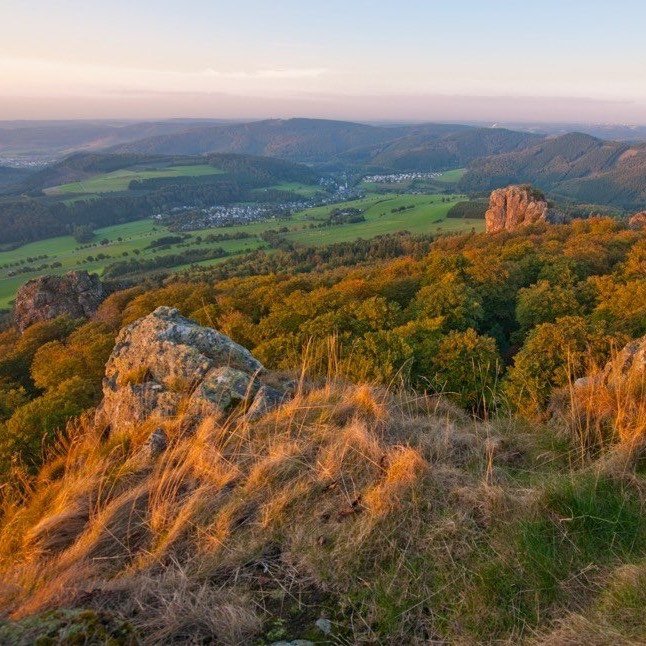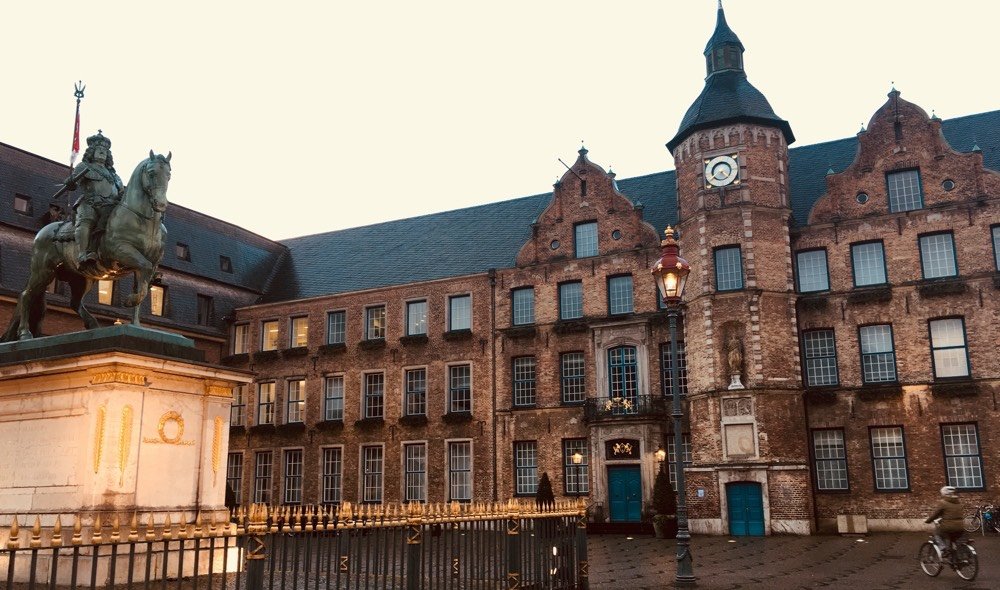Surroundings
NEARBY VILLAGES TO DÜSSELDORF

A haven for recreation and an idyllic rural environment can be found just a short distance from Düsseldorf. Some miles farther afield, a few great historically valuable villages can be found that are a pleasure to visit with the whole family.
Meerbusch
Meerbusch, on the fringe of Düsseldorf on the western side of the Rhine is where in 1001 a castle named Meer was established as a forerunner of the current parish. Residents, a high number of whom are millionaires, live rurally yet have all the advantages of being close to the state capital. Here it is possible to experience the Rhenish way of life in a green, artful and aesthetic, sometimes fashionable and but also down-to-earth and comfortable environment.
Mettmann
A real historical sensation is Mettmann, only a few kilometres to the east of Düsseldorf. This snug little town with the epithet Neanderthalstadt owes its name to two grand personalities. On the one hand Joachim Neander, a poet of very famous anthems. On the other, the sensational finding of a prehistoric human in 1856 who bears even today the symbolic name Neanderthaler. Those wishing to learn more about the prehistoric remains should visit the Evolution path, the Neanderthal museum and the glacial animal park.
Dormagen
Dormagen is known as a substantial economic location in the triangle of Cologne, Mönchengladbach and Düsseldorf. It lures investors from trade and industry with its very good traffic connection. It has much to offer for leisure, education and shopping for its inhabitants so the small municipality is unequivocal also for families. An attractive sight is the district named Zons, which is proof of the early beginnings of the settlement with its many medieval walls and towers. Also the construction of the Romanesque basilica of the cloister of Knechtsteden is worth a visit.
Xanten
Xanten is the only town in Germany that starts with the letter X. The 800 year-old town is known as a place of pilgrimage. According to legend, a boy was cured when he found the statue of Maria, which he had seen in his dreams in the little village Marienbaum, a small place nearby. Also very considerable is the so-called Klever Tor, a city gate from the 14th century, which today accommodates flats. But the most important figure of the village is the patron saint of the cathedral, Saint Victor, who was executed by Roman legionaries because of his Christian faith. Believers have made pilgrimages to his grave since the early Middle Ages. The village thereby got his name “ad Sanctus” and was formerly known as Santen.
Gruiten
Discover a gem of a small, historical village named Gruiten, which possibly originates from the year 1,000 AD. In 1975 it was combined with Haan so that the number of inhabitants grew to approximately 7,500 people. The tradition-conscious inhabitants cherish the many wonderful and well-preserved half-timbered houses in the original village. The arrangement of old churches and dwellings reveals the structure of typical villages of the Bergisches Land in former times. A pure Western German landscape.
By Vincent Green, Aug 9 2013
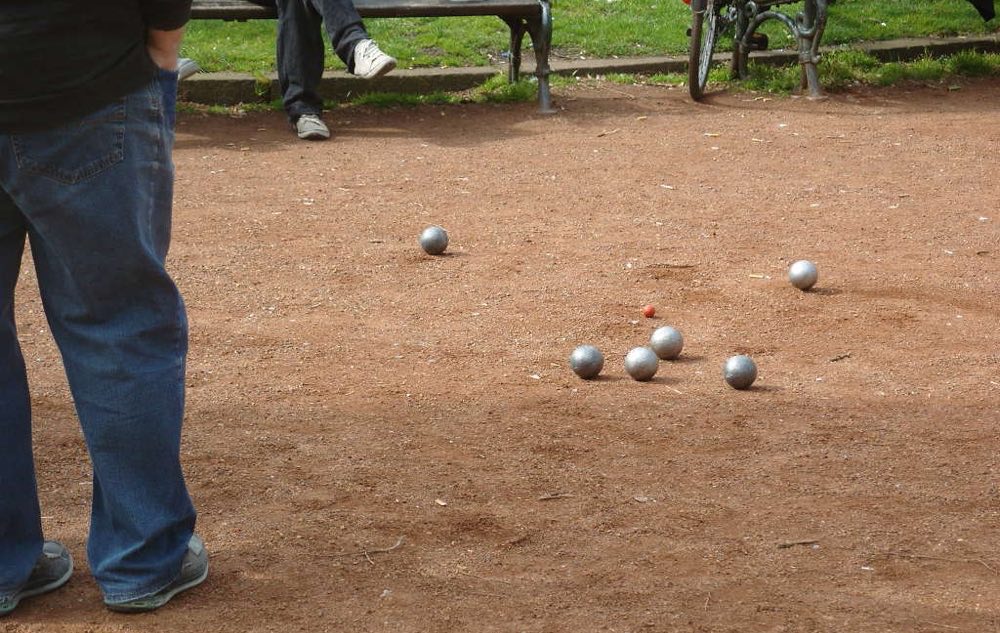
HAPPENINGS IN DÜSSELDORF
Happenings vary from celebrations, marking an opening or anniversary to a market or one-off concerts and activities. Information for the expat community to acquire an insight on such unique events and gatherings large or small.
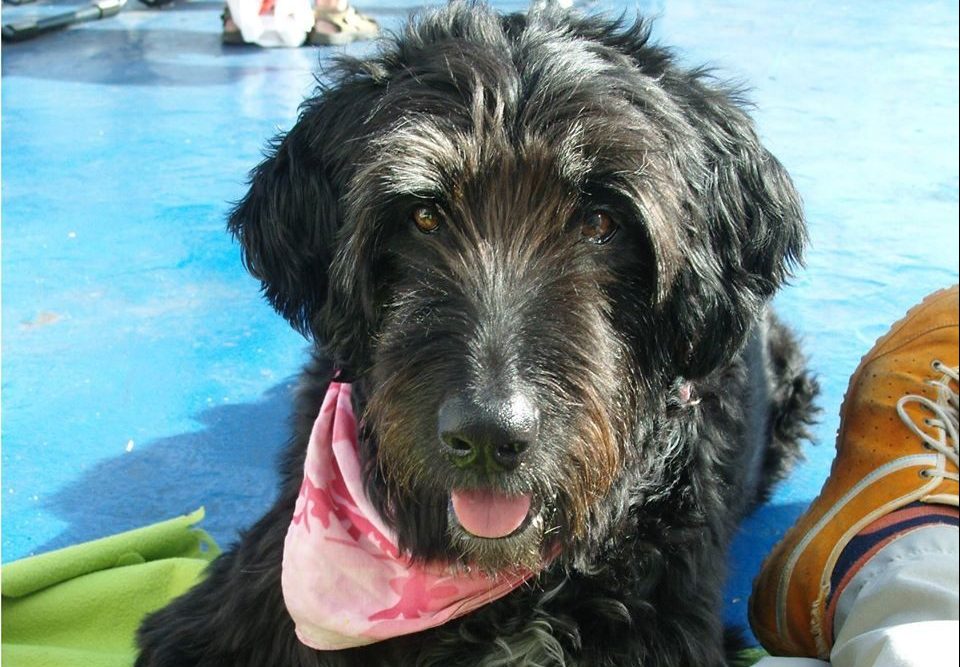
PETS IN DÜSSELDORF
Germans, on the whole, love and respect pets and are friendly towards dogs. Dogs are permitted on public transport and inside restaurants but keeping a pet on a leash is a must. Dog ownership in Düsseldorf is highly regulated and taxed through a compulsory licence fee.
Welcome to Düsseldorf
Big city business and small town charm unite to create a vibrant and safe choice of relocation for expats. Modern and old architecture sit comfortably alongside wide river banks and charming urban districts. Enjoy the city!

